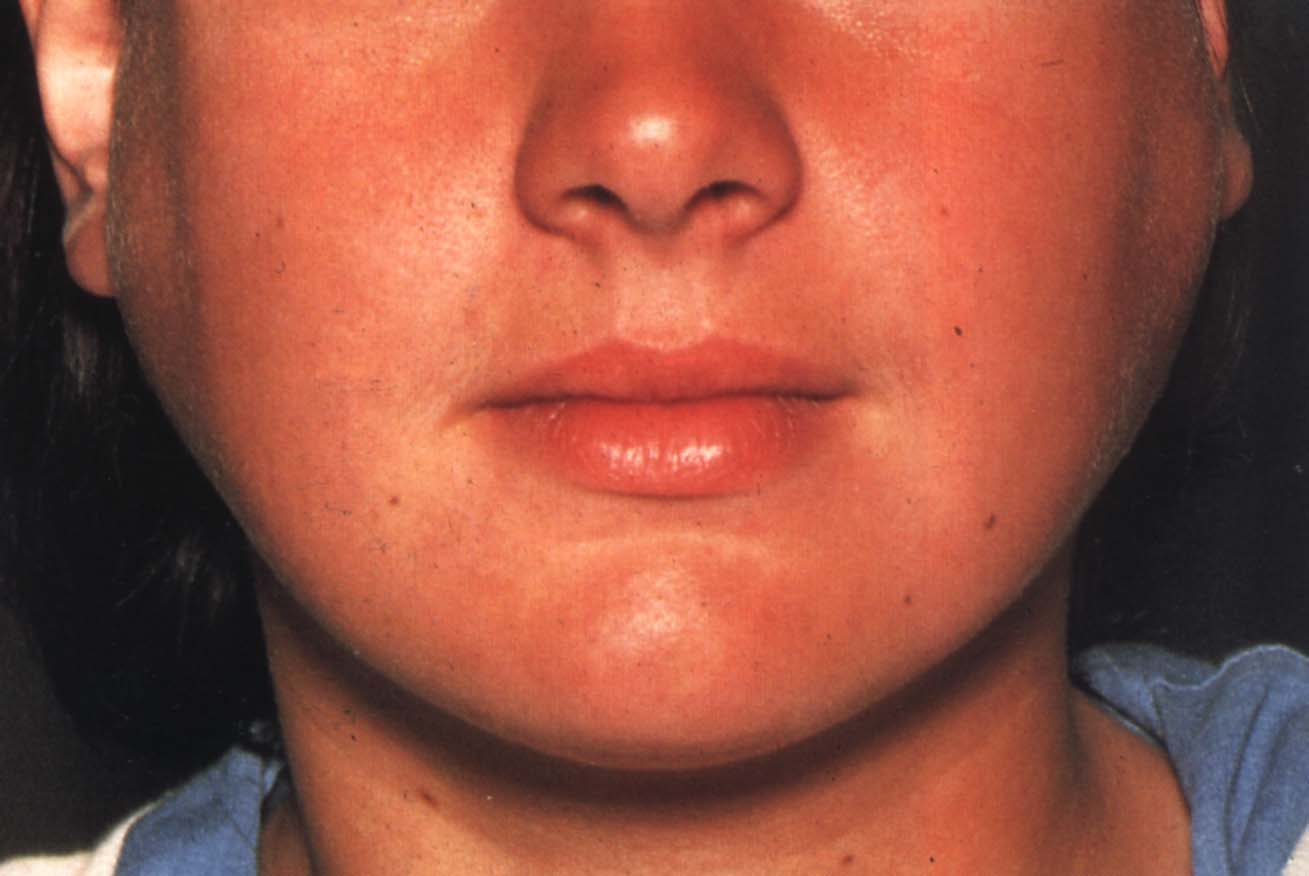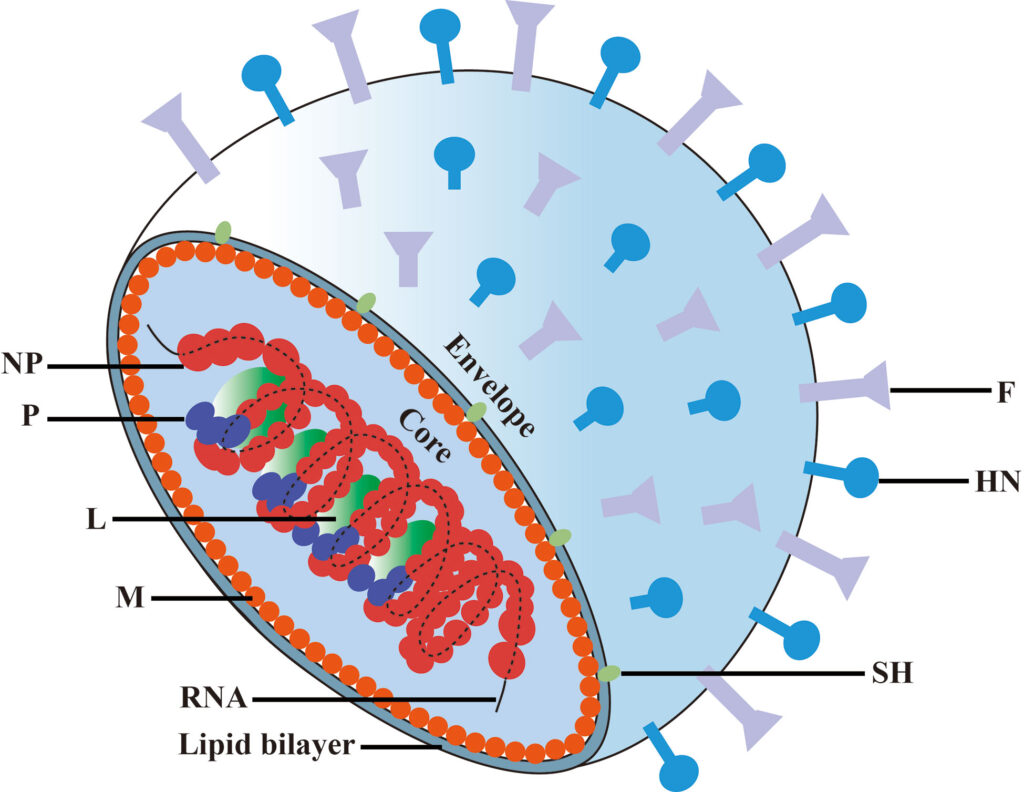Mumps, also known as parotitis, is a contagious viral infection that primarily affects the salivary glands. This condition has been a significant public health concern for decades, especially before the widespread use of the MMR vaccine. While mumps cases have significantly decreased due to vaccination programs, outbreaks still occur in unvaccinated populations. Understanding the causes, symptoms, diagnosis, and treatment of this disease is essential for managing it effectively.

What Causes Mumps?
The primary cause of mumps is a virus called the mumps virus. This virus belongs to a group of viruses known as paramyxoviruses. It spreads through respiratory droplets when an infected person coughs or sneezes. Additionally, it can spread by sharing utensils, cups, or other personal items with someone who has the infection. The virus enters the body through the nose or mouth and travels to the salivary glands, where it begins to multiply.
Some key points about how mumps spreads include:
- Close contact with an infected individual increases the risk of transmission.
- It can take up to two weeks for symptoms to appear after exposure.
- The virus remains contagious for several days after symptoms begin.
While anyone can contract mumps, it is most commonly seen in children and young adults. Vaccination plays a critical role in preventing the spread of the virus, but unvaccinated individuals remain at higher risk.
Symptoms of Mumps
The symptoms of mumps typically appear within two to three weeks after exposure to the virus. In some cases, individuals may not experience any noticeable symptoms, making them unknowing carriers of the infection. However, when symptoms do occur, they often include:
- Swelling of the salivary glands, particularly near the ears and jawline.
- Pain or discomfort while chewing or swallowing.
- Fever, which may range from mild to high.
- Headache and fatigue.
- Muscle aches and general weakness.
- Loss of appetite.
The swelling of the salivary glands is one of the most distinctive features of mumps. This swelling can affect one or both sides of the face and may lead to a visibly puffy appearance. In rare cases, mumps can lead to complications such as inflammation of the testicles, ovaries, pancreas, or brain. These complications are more common in adults than in children.
Complications Associated with Mumps
Although mumps is generally considered a mild illness, it can sometimes result in serious complications. Some potential complications include:
- Inflammation of the testicles, which can affect fertility in males.
- Inflammation of the ovaries, leading to pelvic pain in females.
- Pancreatitis, or inflammation of the pancreas, which may cause severe abdominal pain.
- Meningitis or encephalitis, which are infections of the brain or its surrounding tissues.
- Hearing loss, though this is rare.
These complications highlight the importance of seeking medical attention if symptoms worsen or persist.
Diagnosing Mumps
Diagnosing mumps involves a combination of clinical evaluation and laboratory testing. A healthcare provider will typically begin by examining the patient’s symptoms and medical history. If mumps is suspected, additional tests may be conducted to confirm the diagnosis.
Clinical Evaluation
During the clinical evaluation, the doctor will look for signs of swollen salivary glands, fever, and other characteristic symptoms. They may also inquire about recent exposure to individuals with mumps or whether the patient has received the recommended vaccinations.
Laboratory Testing
To confirm a mumps diagnosis, laboratory tests are often necessary. These tests may include:
- A saliva or cheek swab to detect the presence of the virus.
- A blood test to check for antibodies produced in response to the virus.
- Urine analysis to rule out other conditions with similar symptoms.
Accurate diagnosis is crucial because mumps shares symptoms with other illnesses, such as the flu or bacterial infections of the salivary glands. Misdiagnosis can delay appropriate treatment and increase the risk of spreading the virus to others.
Treatment Options for Mumps
There is no specific antiviral treatment available for mumps. Instead, treatment focuses on relieving symptoms and preventing complications. Most people recover fully within a few weeks with proper care and rest.
Home Care and Symptom Management
For mild cases of mumps, home care is usually sufficient. Here are some steps that can help manage symptoms:
- Rest: Getting plenty of rest helps the body fight off the infection more effectively.
- Hydration: Drinking fluids like water, juice, or warm broths can soothe a sore throat and prevent dehydration.
- Pain Relief: Over-the-counter medications such as acetaminophen or ibuprofen can reduce fever and alleviate pain.
- Warm or Cold Compresses: Applying warm or cold compresses to swollen areas can provide comfort.
- Soft Diet: Eating soft foods like soup, yogurt, and mashed potatoes can make eating easier during recovery.
Preventing Spread to Others
Since mumps is highly contagious, taking precautions to prevent its spread is vital. Individuals diagnosed with mumps should:
- Stay home and avoid close contact with others until they are no longer contagious.
- Cover their mouth and nose when coughing or sneezing.
- Wash their hands frequently with soap and water.
- Avoid sharing personal items like utensils, towels, or drinking glasses.
When to Seek Medical Attention
While most cases of mumps resolve on their own, certain situations warrant immediate medical attention. These include:
- Severe headache or stiff neck, which could indicate meningitis.
- High fever that does not respond to medication.
- Abdominal pain or vomiting, which might suggest pancreatitis.
- Swelling or pain in the testicles or ovaries.
Seeking prompt medical care can help address complications and ensure a smoother recovery process.
Prevention of Mumps
Vaccination is the most effective way to prevent mumps. The measles, mumps, and rubella vaccine, commonly referred to as the MMR vaccine, provides protection against all three diseases. Children typically receive two doses of the vaccine, with the first dose given between 12 and 15 months of age and the second dose administered between ages 4 and 6.
Benefits of Vaccination
Vaccination not only protects individuals but also contributes to community immunity, reducing the overall spread of the virus. Key benefits of the MMR vaccine include:
- Significantly lowering the risk of contracting mumps.
- Reducing the severity of symptoms if infection occurs.
- Preventing outbreaks in schools, workplaces, and other settings.
Vaccination Recommendations
In addition to routine childhood immunizations, certain groups may require additional doses of the vaccine. These include:
- Healthcare workers who are at higher risk of exposure.
- College students living in dormitories or crowded environments.
- International travelers visiting regions with ongoing mumps outbreaks.
Consulting a healthcare provider about vaccination status is essential, especially for those in high-risk categories.





